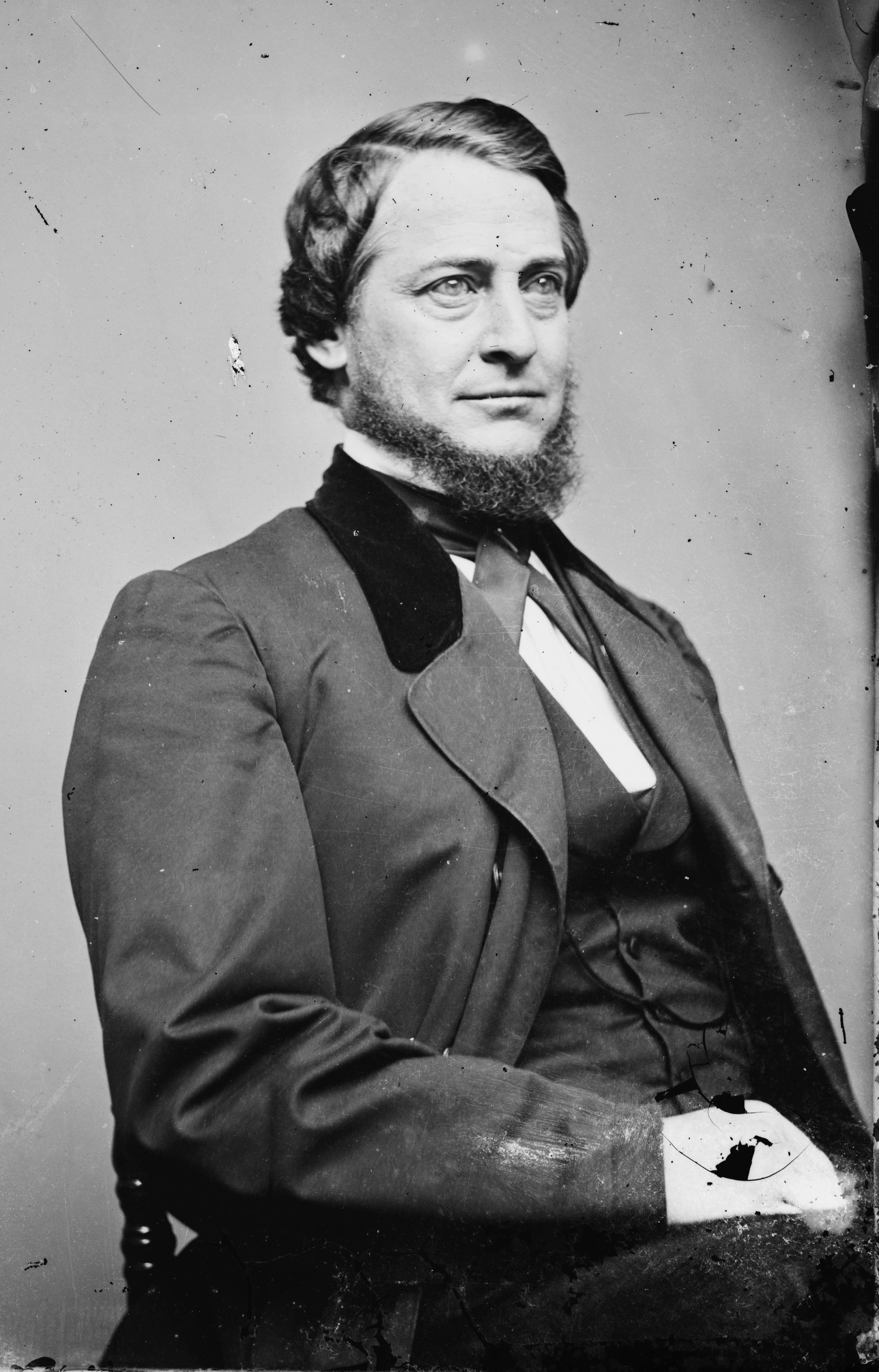I just finished reading Erik Larson’s latest book The Demon of Unrest: A Saga of Hubris, Heartbreak, and Heroism at the Dawn of the Civil War. It’s about the military and diplomatic machinations surrounding the Fort Sumter crisis, including South Carolina’s role in fomenting secession and Lincoln’s journey to Washington D.C. and the presidency.
I saved a couple passages that I enjoyed for various reasons. Here’s one featuring General Winfield Scott, who was in charge of defending D.C. and the Capitol building during the contested electoral count process in February 1861:
The throng outside grew annoyed at being barred from entry and began firing off obscenities like grapeshot. If words could kill, one observer wrote, “the amount of profanity launched forth against the guards would have completely annihilated them.” Much of this tirade was aimed at General Scott. It had no effect. He vowed that anyone who obstructed the count would be “lashed to the muzzle of a twelve-pounder and fired out of the window of the Capitol.” Scott would then “manure the hills of Arlington with the fragments of his body.”
Love that FAFO energy from Scott. There was also this bit about President Buchanan’s Secretary of War John Floyd:
By now the war secretary had become a deeply controversial figure and an embarrassment to President Buchanan, which was saying something, since the administration itself was widely considered to be an embarrassment. Floyd was deemed by many to be a paragon of corruption, and a traitor to boot.
He had become embroiled in a financial scandal dating to 1858 that resulted in $870,000 in federal funds—equivalent to over thirty-two million in twenty-first-century dollars—being looted from the U.S. Treasury and the Department of Interior.
An embarrassing, corrupt administration with a controversial cabinet member looting federal funds? History doesn’t repeat itself at all…
And this exchange between General Beauregard and Major Whiting, who was scrambling to prepare the Confederate contingent surrounding Fort Sumter:
The island’s batteries had been ordered to be “in readiness,” Whiting wrote, but all he saw was confusion. “We are ready, perhaps, to open fire, but we are not ready to support it,” he told Beauregard on Thursday, April 11. “For God’s sake have this post inspected by yourself, or some one else competent, before you open fire. I am alone here, as you know, and heretofore have been exclusively occupied with the construction of batteries.” One newly arrived contingent of men was “helter-skelter,” he complained; all were volunteers. “There are no regulars here at all.” Beauregard tried to calm him. “Things always appear worst at first sight when not perfect,” he wrote. “We cannot delay now.”
Some mindful leadership from Beauregard right there. Too bad he was a traitor!
Also wanted to shoutout this quote from Captain Abner Doubleday, who was part of the Union garrison defending Fort Sumter:
Doubleday led the first group to the guns in the casemates that faced the Iron Battery at Cummings Point on Morris Island, due south. “In aiming the first gun fired against the rebellion I had no feeling of self-reproach,” he wrote, “for I fully believed that the contest was inevitable, and was not of our seeking.” As Doubleday saw it, he was fighting for the survival of the United States. “The only alternative was to submit to a powerful oligarchy who were determined to make freedom forever subordinate to slavery.”
Kudos to Doubleday for not obeying in advance.










